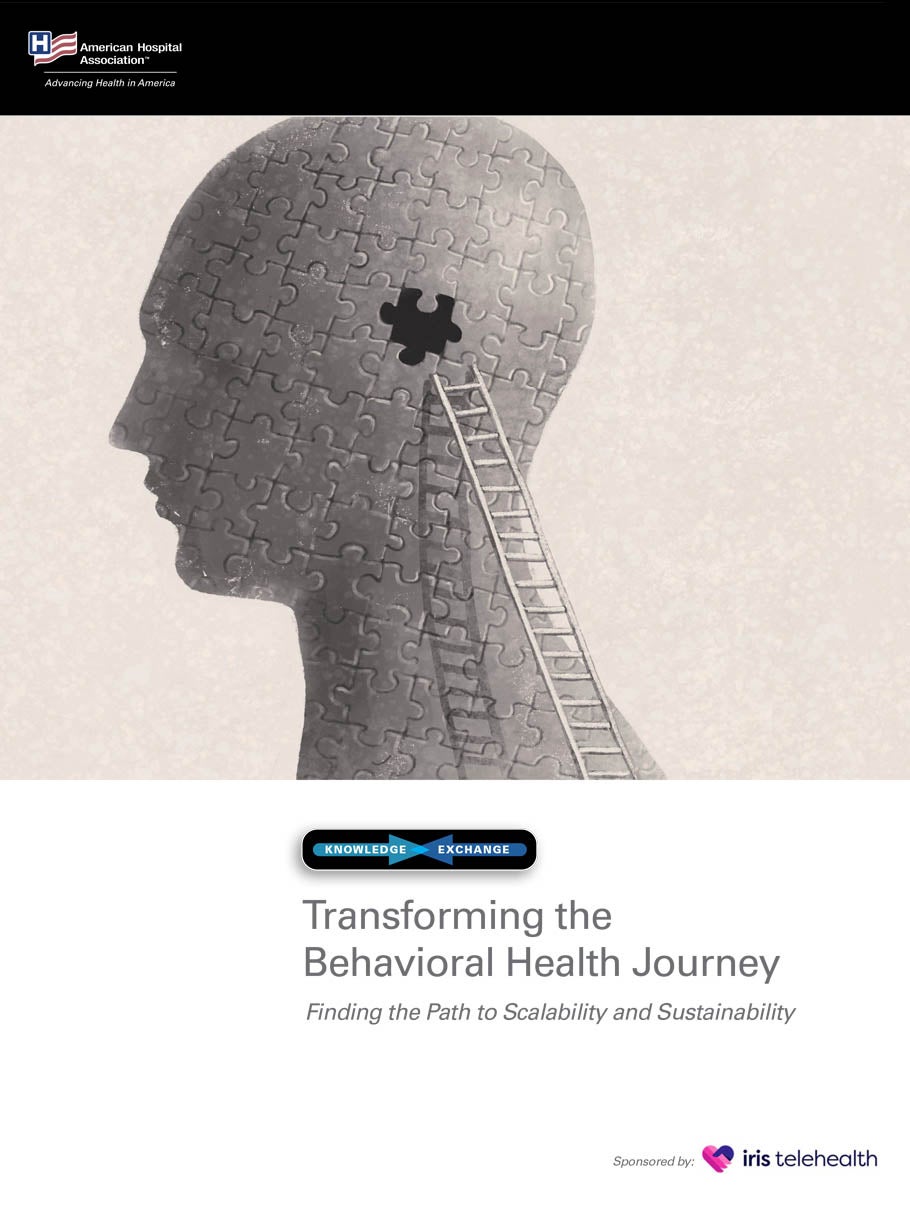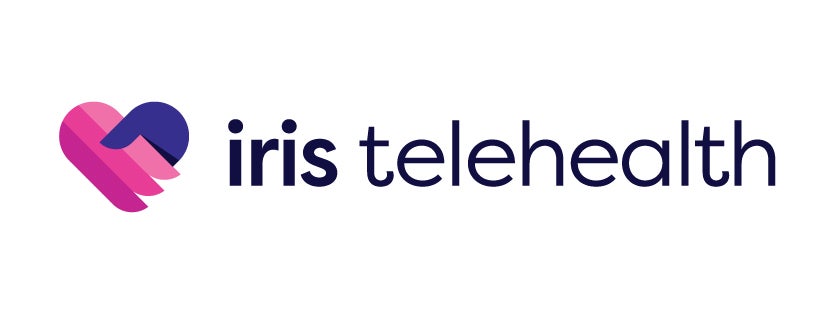
Transforming the Behavioral Health Journey
AHA Knowledge Exchange
Finding the path to a sustainable, service continuum
An estimated one in four Americans will require behavioral health services by 2026 according to Trilliant Health research. Behavioral health disorders include both mental illness and substance use disorders. Health systems increasingly are seeking ways to drive innovative, transformative change around this service line to solve critical challenges affecting behavioral health care delivery. This Knowledge Exchange ebook explores how hospitals and health systems are investing and partnering in behavioral health, where they face challenges and opportunities for strategic alignment and financial sustainability, and how they aim to leverage behavioral health to support their communities.
10 strategic initiatives and investments that health leaders can prioritize for sustainable behavioral health services in their communities
- Identify community behavioral health needs and gaps in care to develop a comprehensive, integrated strategy as part of health and the continuum of care.
- Integrate physical and behavioral care in primary care settings, including pediatrics and obstetrics, as a way to focus on early prevention, screening and treatment.
- Partner, collaborate and joint venture with other hospitals, providers, schools and community organizations to build and create sustainable and coordinated behavioral health services.
- Research new approaches to addressing psychiatric emergencies, such as EmPath units and behavioral health urgent care, to determine the best fit for the needs of your community.
- Establish a coordinated community response to crisis situations, working in partnership with other health care providers, EMS, and law enforcement to provide the patient with the appropriate level of treatment and stabilization.
- Consider alternative use of vacant space in facilities and malls as locations for pieces of the behavioral health care continuum.
- Examine the existing continuum of behavioral health services, matched against community needs, and research options to fill the gaps and enhance the continuum.
- Where needed, augment substance use disorder care with detox units, long term injectables, and support with health related social needs, such as housing and employment.
- Improve access to behavioral health care in a multitude of ways, including telehealth, transportation to in-person care, peer-delivered interventions, and prescription digital therapeutics.
- Address workforce shortages through a multi-pronged approach including expansion of telehealth services across the care continuum, provision of integrated physical and behavioral care, use of peers/individuals with lived experience, and supporting the mental well-being of the behavioral health workforce.
Participants
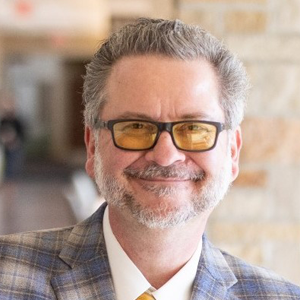
Marc Augsburger, MBA, BSN, RHCEOC
President and CEO
Edgerton Hospital and Health Services

Andrew Flanagan
CEO
Iris Telehealth
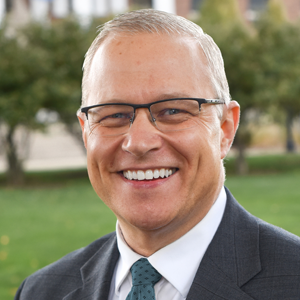
Jeremiah Hodshire
President and CEO
Hillsdale Hospital

Ruby Kirby, R.N.
CEO
West Tennessee Healthcare (Bolivar and Camden hospitals)
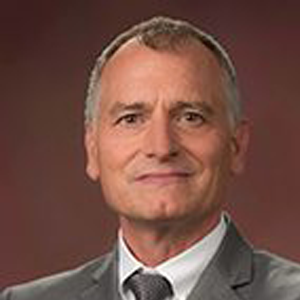
Doug Koekkoek, M.D., FACP, SFHM
Chief physician and clinical executive
PeaceHealth

Judy LaFrance, MSN, R.N., NE-BC
Chief administrative officer
Hendrick Medical Center South

Edward Moore
President
UMass Memorial Health Harrington Hospital

Melinda Muller, M.D.
Chief medical officer
Legacy Health

Brenda Romero, R.N., MSN
Hospital chief executive
Presbyterian Española Hospital
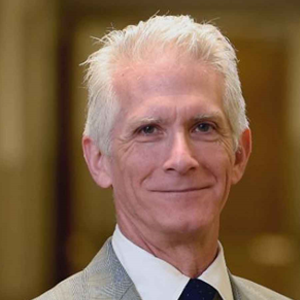
Robert Trestman, Ph.D., M.D.
Professor and chair, department of psychiatry
Carilion Clinic

Moderator:
Suzanna Hoppszallern
Senior Editor, Center for Health Innovation
American Hospital Association
AHA Knowledge Exchange
Gain insights from the C-suite and health care leaders on the most pressing issues and transformational strategies.


